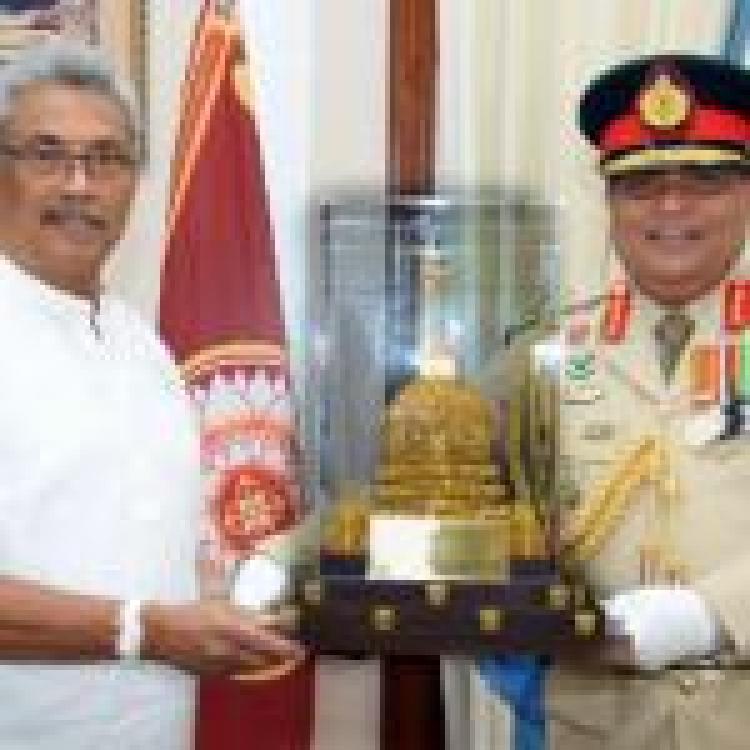<p>The election of Gotabaya Rajapaksa as President of Sri Lanka and the appointment of his brother, Mahinda Rajapaksa, as Prime Minister, signals a “backward step for the delivery of accountability and justice in a country that has experienced mass human rights violations for decades,” says Freedom From Torture. </p>
<p>In 2009, Gotabaya was Defence Secretary in Mahinda’s government where he oversaw the final months of Sri Lanka’s bloody civil war.</p>
<p>“Sri Lankan armed forces repeatedly shelled hospitals in what was cynically proclaimed to be a “no fire zone”. This was, in the words of the UN, “an assault on the entire framework of international law”. Thousands of fighters who surrendered at the end of the war have never been seen again, their fate unknown,” wrote Steve Crawshaw, Director of Policy & Advocacy at Freedom from Torture. </p>
<p>“Given both his pronouncements and his track record, the election of Gotabaya Rajapaksa opens up a raft of dangerous new possibilities,” Crawshaw added.</p>
<p>"President Rajapaksa has signalled a death knell for justice. In his inaugural campaign speech, he promised to release 'all war heroes who were unjustly imprisoned'", including soldiers who were imprisoned for mass murder and gang rape.</p>
<p>"He has argued that investigations into war crimes by security forces means that the police have suffered 'humiliation and victimisation' and left the country vulnerable to a 're-emergence of terrorism.' He has said that he will withdraw support for the UN Human Rights Council resolution that is aimed at promoting reconciliation, accountability and human rights in Sri Lanka."</p>
<p>Crawshaw highlights that just days after his election, Gotabaya appointed “former army commander Kamal Gunaratne, who is alleged to have committed war crimes in 2009, as Secretary of Defence.”</p>
<p>“Gotabaya Rajapaksa declares himself to be president for “Sri Lanka’s future”. But a strong future is not achieved by ignoring and denying the crimes of the past.”</p>
<p>Read the full article <a href="https://www.freedomfromtorture.org/news/the-return-of-the-rajapaksa-fam…">here</a>.</p>
We need your support
Sri Lanka is one of the most dangerous places in the world to be a journalist. Tamil journalists are particularly at threat, with at least 41 media workers known to have been killed by the Sri Lankan state or its paramilitaries during and after the armed conflict.
Despite the risks, our team on the ground remain committed to providing detailed and accurate reporting of developments in the Tamil homeland, across the island and around the world, as well as providing expert analysis and insight from the Tamil point of view
We need your support in keeping our journalism going. Support our work today.


